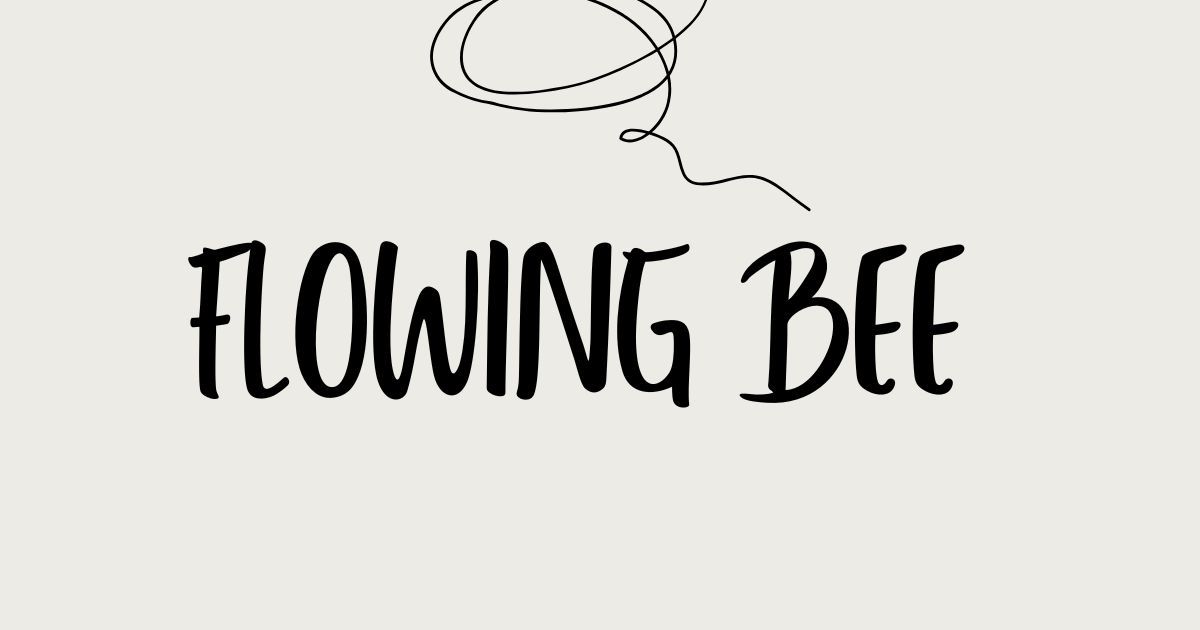The Feast of Trumpets 2024, also known as Rosh Hashanah in Jewish tradition, marks the beginning of the Jewish civil year. This important biblical festival falls on the first and second days of the Hebrew month of Tishrei, which in 2024 will start at sunset on October 2 and end at nightfall on October 4. This special event is filled with spiritual reflection, communal gatherings, and the sounding of the shofar—a ram’s horn that calls people to attention and repentance.
Historical Roots of the Feast
The Feast of Trumpets is deeply rooted in ancient Israelite traditions. It’s first mentioned in Leviticus 23:23-25, where God commands the Israelites to observe a sacred assembly and blow trumpets. Historically, it served as a call to repentance and a reminder of God’s sovereignty over His people. Over time, it also became associated with the Jewish New Year, blending religious ritual with cultural celebration.
The Meaning Behind the Trumpet Blast
The blowing of the shofar is the centerpiece of the Feast of Trumpets. This powerful sound is meant to wake people up spiritually. It symbolizes a call to examine one’s life, seek forgiveness, and make amends. The shofar blast is also seen as a herald of God’s kingship and a reminder of future redemption.
Connection to the Jewish New Year
Rosh Hashanah, which means “Head of the Year,” is both a solemn day of judgment and a festive celebration. It is a time when, according to Jewish belief, God reviews the deeds of humanity and inscribes people’s fate for the coming year in the Book of Life. This dual nature makes the Feast of Trumpets unique—blending solemnity with joy.
Spiritual Preparation Before the Feast
In the days leading up to the Feast of Trumpets 2024, many observe the practice of selichot, which are special prayers for forgiveness. This period is considered a time for introspection, where individuals examine their actions and relationships. The spiritual preparation helps set the tone for the ten days of repentance that follow, leading up to Yom Kippur, the Day of Atonement.
Traditional Foods of the Feast
Food plays a significant role in the celebration. Apples dipped in honey are commonly eaten to symbolize the hope for a sweet new year. Round challah bread, representing the cycle of life, is another staple. Pomegranates, with their many seeds, are enjoyed as a symbol of abundance and the wish to perform many good deeds in the year ahead.
The Role of Synagogue Services
Attending synagogue services is central to observing the Feast of Trumpets. During these services, the shofar is blown, and special liturgical poems known as piyutim are recited. The prayers emphasize themes of God’s kingship, remembrance, and the sounding of the shofar. It’s a time for the community to come together in worship and reflection.
Symbolism of the Shofar
The shofar holds deep symbolic meaning. It is said to echo the sound heard at Mount Sinai when the Ten Commandments were given. It also serves as a spiritual alarm clock, urging people to awaken from complacency. Furthermore, it is a reminder of the biblical story of the binding of Isaac, which is read during the holiday.
Modern-Day Observance
In 2024, Jewish communities around the world will observe the Feast of Trumpets with a blend of tradition and modern practices. While the core rituals remain unchanged, some may participate in online services, especially for those unable to attend in person. Family gatherings, festive meals, and community events continue to be essential parts of the celebration.
Global Significance Beyond Judaism
Though rooted in Jewish tradition, the Feast of Trumpets has found significance among some Christian groups who see it as a prophetic foreshadowing of the return of Christ. The themes of judgment, repentance, and renewal resonate with broader spiritual audiences, making the holiday a point of interest beyond the Jewish faith.
Customs and Practices During the Feast
Aside from synagogue services and festive meals, people also practice Tashlich, a ritual where bread crumbs are cast into flowing water to symbolize the casting away of sins. This meaningful ceremony provides a tangible way to reflect on and release past wrongdoings.
Impact on Daily Life
During the Feast of Trumpets, work is prohibited, allowing individuals and families to focus entirely on spiritual matters and community bonding. This pause from daily routines helps participants reconnect with their faith, family, and values.
Feast of Trumpets and Family Traditions
Many families pass down unique customs associated with the holiday. Whether it’s a special family recipe, a traditional song, or a heartfelt discussion about hopes for the new year, these traditions help keep the holiday meaningful and personal.
Looking Ahead to Yom Kippur
The Feast of Trumpets is not an isolated event but the start of the High Holy Days, culminating in Yom Kippur. The ten days between the two festivals, known as the Days of Awe, are considered critical for repentance and self-improvement.
Why the Feast Still Matters Today
In our fast-paced, modern world, the Feast of Trumpets 2024 offers a powerful reminder to pause, reflect, and reconnect with what truly matters. Its timeless messages of renewal, forgiveness, and hope continue to inspire people across generations.
Conclusion
The Feast of Trumpets 2024 is more than just a date on the calendar—it’s a sacred time for self-examination, community celebration, and spiritual renewal. Whether you observe it through the blowing of the shofar, sharing sweet foods, or participating in prayer, this festival offers a meaningful opportunity to start anew. As the shofar sounds, it calls each of us to reflect, reconnect, and recommit to a path of purpose and kindness in the year ahead.
FAQs
When is the Feast of Trumpets 2024?
The Feast of Trumpets 2024 begins at sunset on October 2 and ends at nightfall on October 4.
What is the significance of the shofar?
The shofar serves as a spiritual wake-up call, symbolizing reflection, repentance, and God’s kingship.
Is the Feast of Trumpets only celebrated by Jews?
While it is a Jewish holiday, some Christian groups also observe it, seeing prophetic significance in its themes.
What foods are traditionally eaten during the Feast?
Apples with honey, round challah bread, and pomegranates are among the traditional foods symbolizing sweetness and abundance.
how is the Feast of Trumpets celebrated today?
It is celebrated with synagogue services, shofar blowing, festive meals, family gatherings, and customs like Tashlich.














